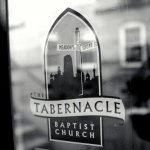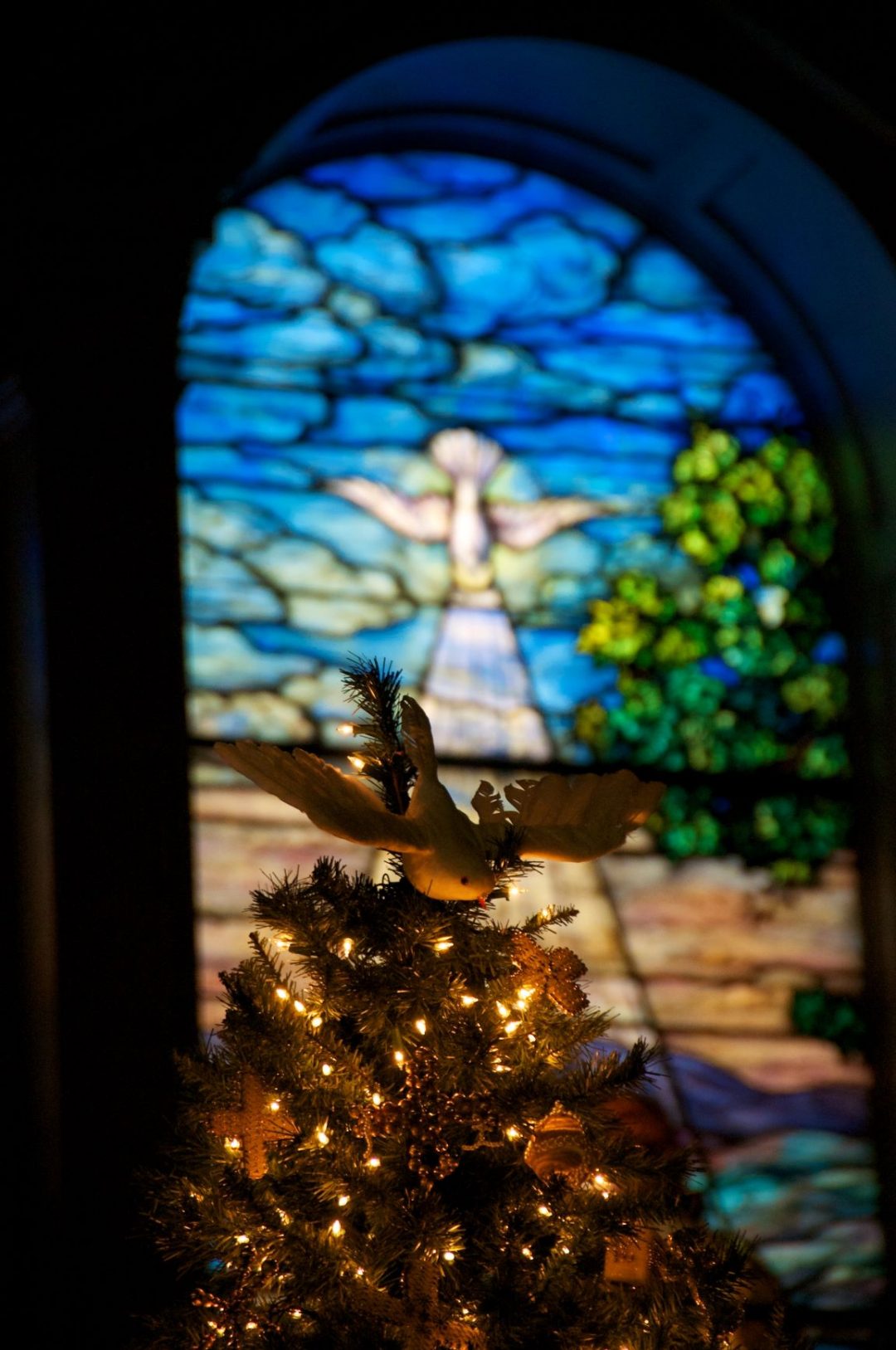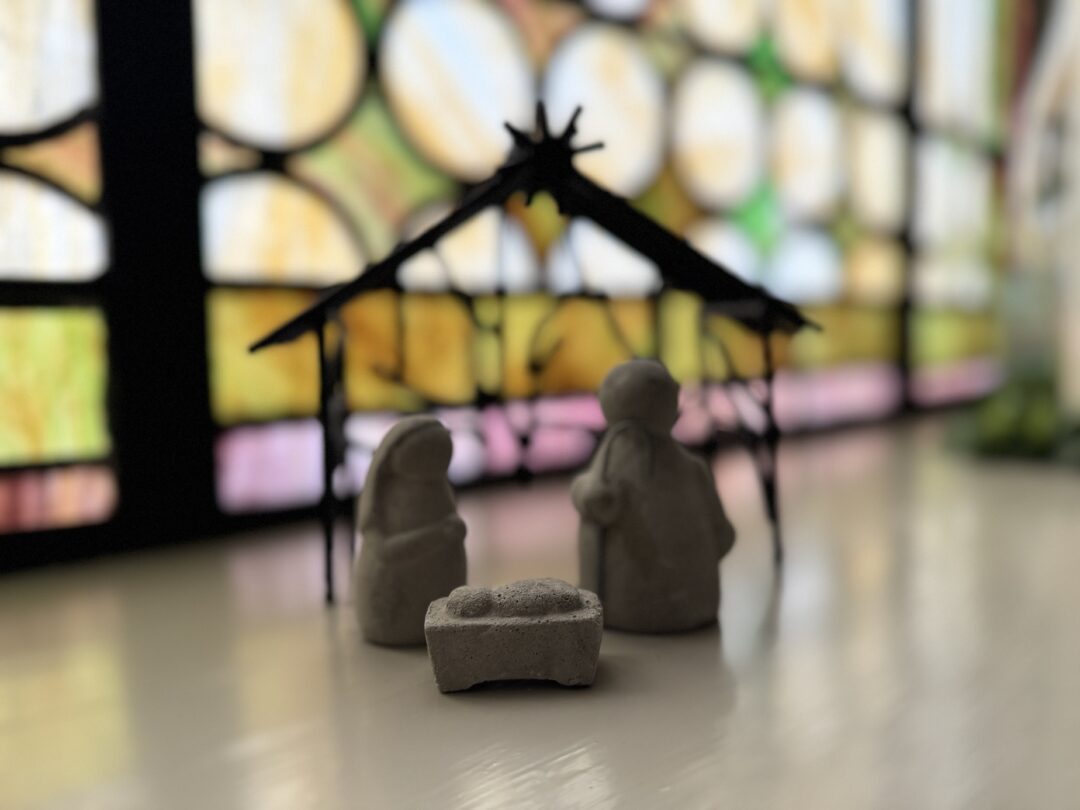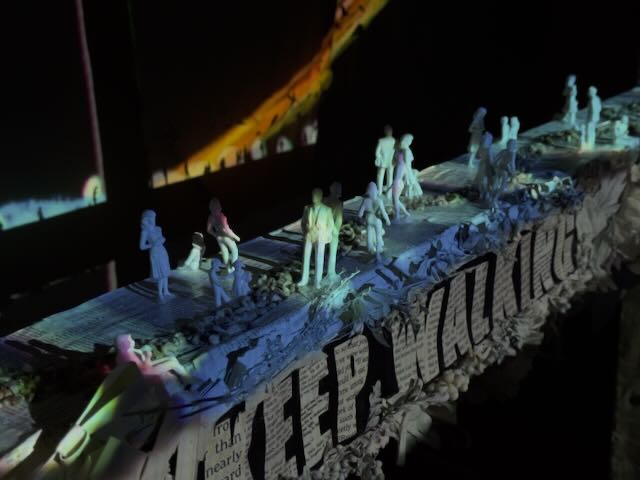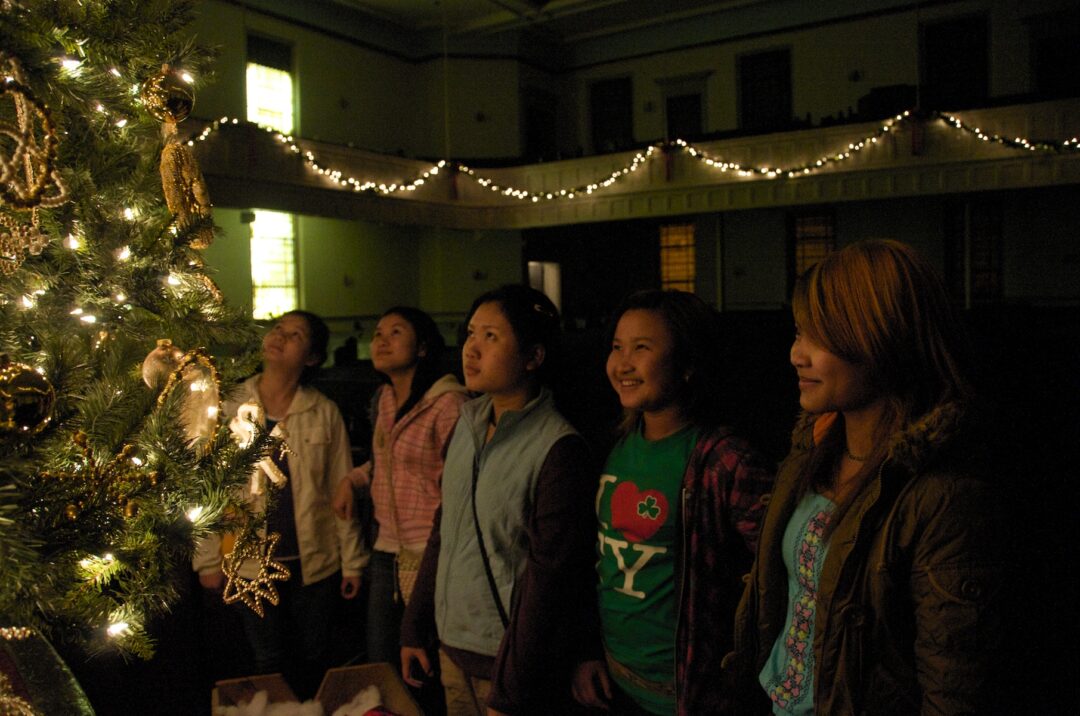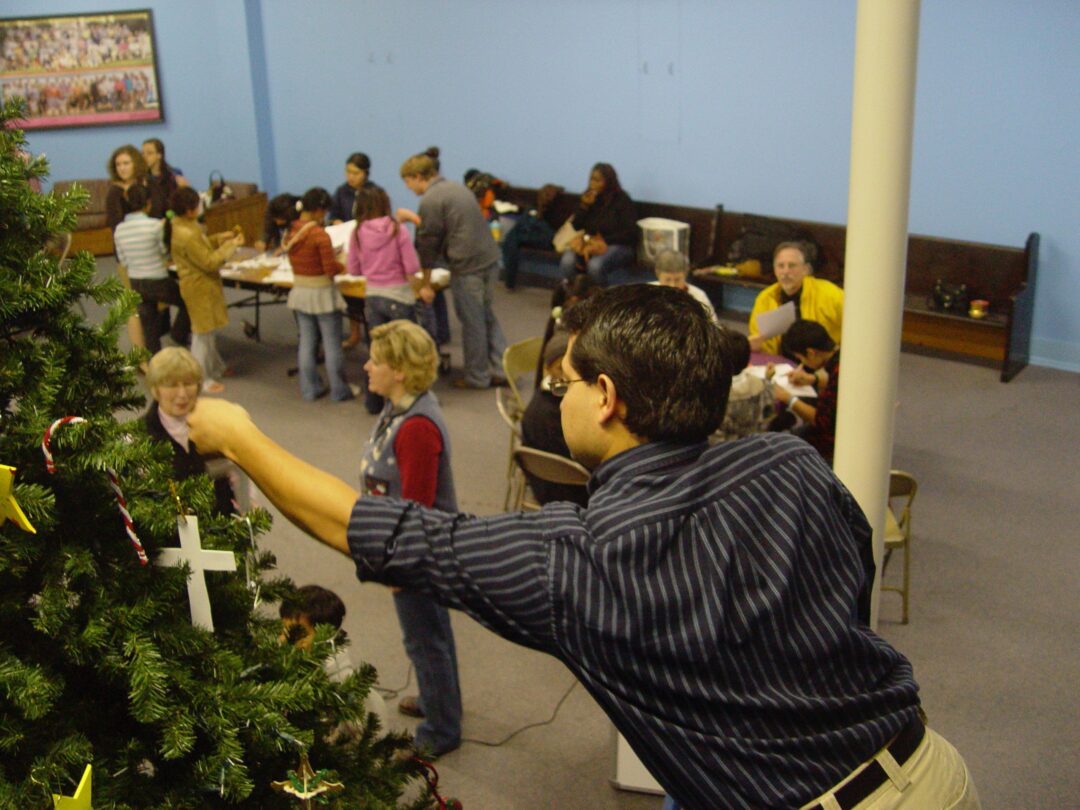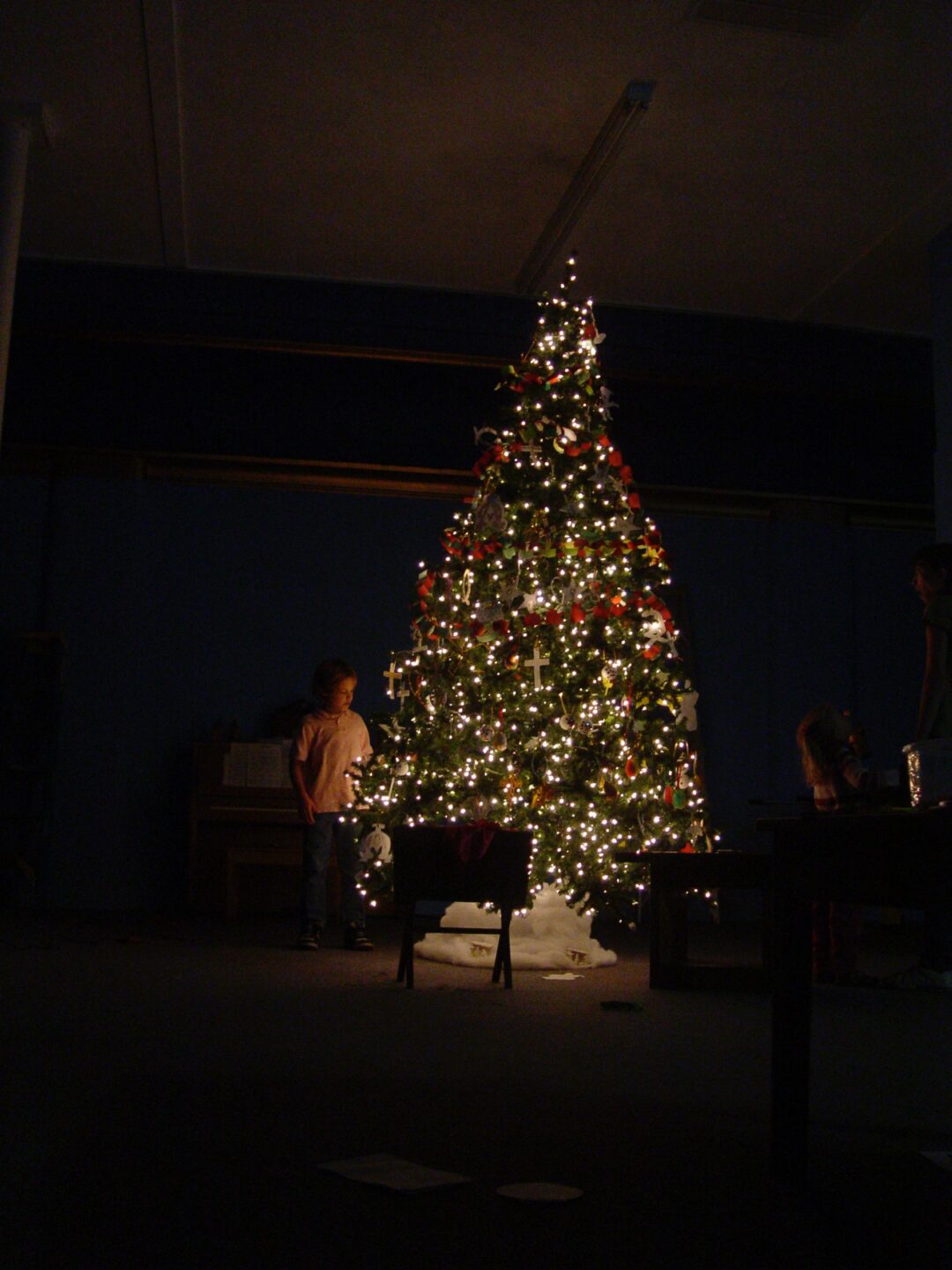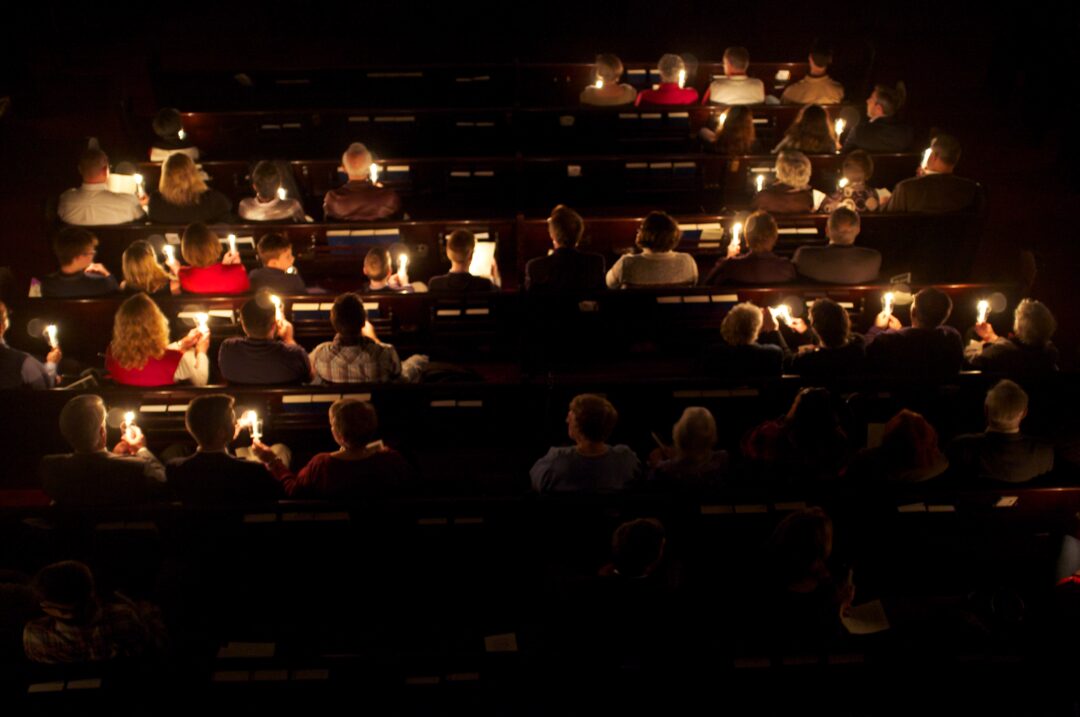Scripture: Romans 6:1-11, Sermon by Rev. Sterling W. Severns
Reflection Questions
1. The Continuous Nature of Spiritual Growth
The sermon emphasized that spiritual growth is not a one-time event but a continuous journey. Baptism represents the ongoing pattern of dying to our false selves and rising with Christ, over and over. Paul calls us into a lifelong relationship with God that demands daily surrender to grace.
Quotes:
- “Grace isn’t just for our past sins, but for the ongoing process of transformation in our lives.” — From the sermon
- “Spiritual growth is a journey, not a moment. It’s an ongoing invitation to trust in grace.” — From the sermon
Reflection Questions:
- Where in your life do you feel called to surrender more fully to ongoing spiritual growth?
- How might viewing your faith as a continuous journey change the way you approach daily challenges?
2. Baptism: A Continuous Journey, Not a One-Time Event
Baptism symbolizes more than a one-time moment of salvation. It’s an invitation to participate repeatedly in the death and resurrection of Christ. Paul teaches that we don’t leave behind sin in a single act, but we live in a daily pattern of surrender and renewal.
Quotes:
- “Baptism isn’t a ritual of finality. It’s the starting point of an ongoing journey with God’s grace.” — From the sermon
Reflection Questions:
- How does your baptism (or your understanding of baptism) inform your current spiritual practices?
- In what ways can you more intentionally participate in the “death and resurrection” pattern of spiritual growth in your everyday life?
3. Sin as Disconnection from God
Sin is not just a list of wrong behaviors, but an expression of our disconnection from God. It’s a failure to trust in God’s love and provision. Paul invites us to go deeper than surface-level morality and look at the spiritual root of sin—our distance from God.
Quotes:
- “Sin is not about being bad; it is about being disconnected from God, and grace is the connection that heals and restores us.” — Greg Boyle
Reflection Questions:
- How do you typically understand sin in your own life? Do you tend to focus more on behaviors or the deeper issues of trust and disconnection from God?
- What steps can you take to reconnect with God in areas where you feel distant or mistrustful?
4. Idolatry and Fear-Based Living
The root of sin is a failure to trust in God’s sufficiency, leading us to live out of fear. We create idols—control, success, or security—when we feel uncertain. Living in fear keeps us from relying on God’s provision and invites us to hold onto false securities.
Quotes:
- “The root of sin is our failure to trust in God’s sufficiency. Instead of trusting God’s provision, we rely ultimately on ourselves.” — Mark Biddle, Missing the Mark
Reflection Questions:
- What idols (e.g., control, success, security) do you find yourself clinging to in times of uncertainty?
- How can you shift from a fear-based way of living to a life more rooted in trust and surrender to God’s provision?
5. The Tug of Grace: A Moment-to-Moment Decision
We are continually pulled by fear, the root of all sin. The tug of grace is what gets our attention, but it’s not enough to keep us from being pulled under. It’s the invitation to decide: will we allow fear to drown our true selves, or will we let go of the rope, die to self, and let God’s grace drown our false selves?
Quotes:
- “The tug of grace is God’s invitation. It’s not about resisting fear through our strength but about letting go and trusting in grace.” — From the sermon
Reflection Questions:
- Can you identify moments in your life where fear has pulled you away from trust in God? How did the tug of grace invite you to respond?
- What would it look like to let go of the rope and fully surrender to grace in a specific area of your life?
6. Dying to Self and Living in Christ
Paul teaches that true spiritual life comes through repeated death to self. We are called to continually surrender our false selves—our fears, pride, and need for control—and trust in God’s resurrection power. This ongoing death and resurrection is what allows us to live fully in Christ.
Quotes:
- “We are called to ‘just keep drowning.’ It is in dying to our false selves that we can truly live.” — From the sermon
Reflection Questions:
- What aspects of your false self (e.g., pride, control, fear) are you being called to surrender in this season of life?
- How have you experienced spiritual resurrection after moments of dying to self? What new life emerged from those experiences?
Quotes for Further Reflection
- “Grace isn’t just for our past sins, but for the ongoing process of transformation in our lives.” — From the sermon
- “Sin is not about being bad; it is about being disconnected from God, and grace is the connection that heals and restores us.” — Greg Boyle
- “We are called to ‘just keep drowning.’ It is in dying to our false selves that we can truly live.” — From the sermon
- “The root of sin is our failure to trust in God’s sufficiency. Instead of trusting God’s provision, we rely ultimately on ourselves.” — Mark Biddle, Missing the Mark
- “When we live out of fear, we are essentially choosing self-reliance over grace, and in the end, that will always pull us under.” — From the sermon
